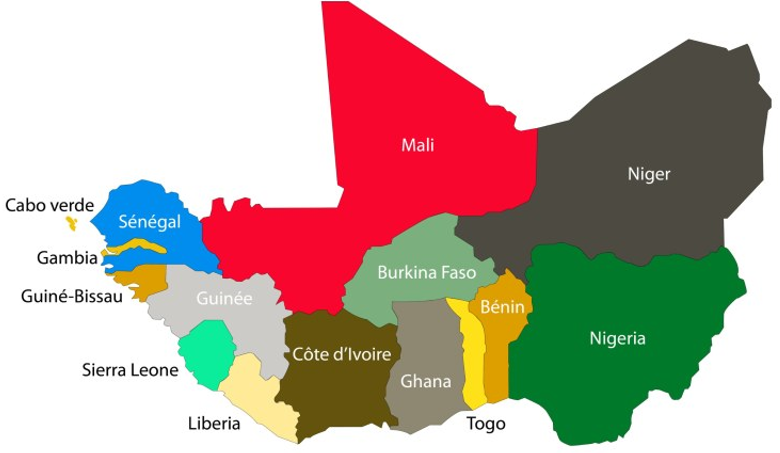ECOWAS was a Pan-African non-aligned organisation. That has all changed
Post By Diaspoint | September 16, 2024

ECOWAS was built on the principles of Pan-Africanism and non-alignment, but geopolitics and coups have challenged both of those pillars of the organisation, writes Abubakar Usman.
The Economic Community of West African States (ECOWAS) is currently facing an existential crisis. Military coups in the member states of Burkina Faso, Guinea, Mali, and Niger have sparked division within the bloc. In response to these coups, ECOWAS imposed stringent sanctions and suspended the affected countries from the organisation. These military-led governments retaliated by withdrawing from ECOWAS and forming a rival organisation known as the Sahel Alliance.
As ECOWAS approaches its 50th anniversary, why are these divisions appearing now and why weren’t they sparked by earlier military coups in the region?
The answers lie in two key factors. First, the region’s drift away from Pan-Africanism has weakened the ideological foundation that previously unified the region. Second, shifting global political dynamics and the alignment of ECOWAS members with major world powers has introduced new external influences, exacerbating divisions within the organisation.
Pan-African multilateralism
The wave of African independence that began in the 1950s was largely driven by the Pan-African movement. This was a collection of beliefs, actions, and movements aimed at promoting the liberation and unity of people of African descent. Prominent figures such as Marcus Garvey, George Padmore, W.E.B. Du Bois, Kwame Nkrumah, and Jomo Kenyatta were at the forefront of advocating for Pan-Africanism. Nkrumah, a founding father of the Organisation of African Unity (OAU), emphasised the importance of African unity, famously stating:
“I can see no security for African states unless African leaders, like ourselves, have realised beyond all doubt that salvation for Africa lies in unity…for in unity lies strength, and as I see it, African states must unite or sell themselves out to imperialist and colonialist exploiters for a mess of pottage, or disintegrate individually.”
This commitment to Pan-African ideals inspired the formation of regional blocs aimed at accelerating African development, enhancing security, and resisting foreign interference. These efforts led to the establishment of regional organisations such as the OAU (later the African Union), ECOWAS, the Southern African Development Community (SADC), and the Intergovernmental Authority on Development (IGAD).
Kwame Nkrumah, a towering figure in the promotion of Pan-Africanism, was also a key advocate for non-alignment. He called for balanced superpower influences, seeking aid for Africa’s development without political conditions, and promoting peace and cooperation. The twin principles of Pan-Africanism and non-alignment were instrumental in the formation of African regional blocs, including ECOWAS.
Nkrumah, along with other notable African leaders, envisioned a united Africa where nations could achieve prosperity together. Nkrumah went beyond rhetoric, insisting that Ghana’s Constitution include a provision for surrendering national sovereignty in favour of regional integration. It was this vision and aspiration, championed by leaders like Nkrumah, that ultimately led to the establishment of ECOWAS.
Read More from original source
